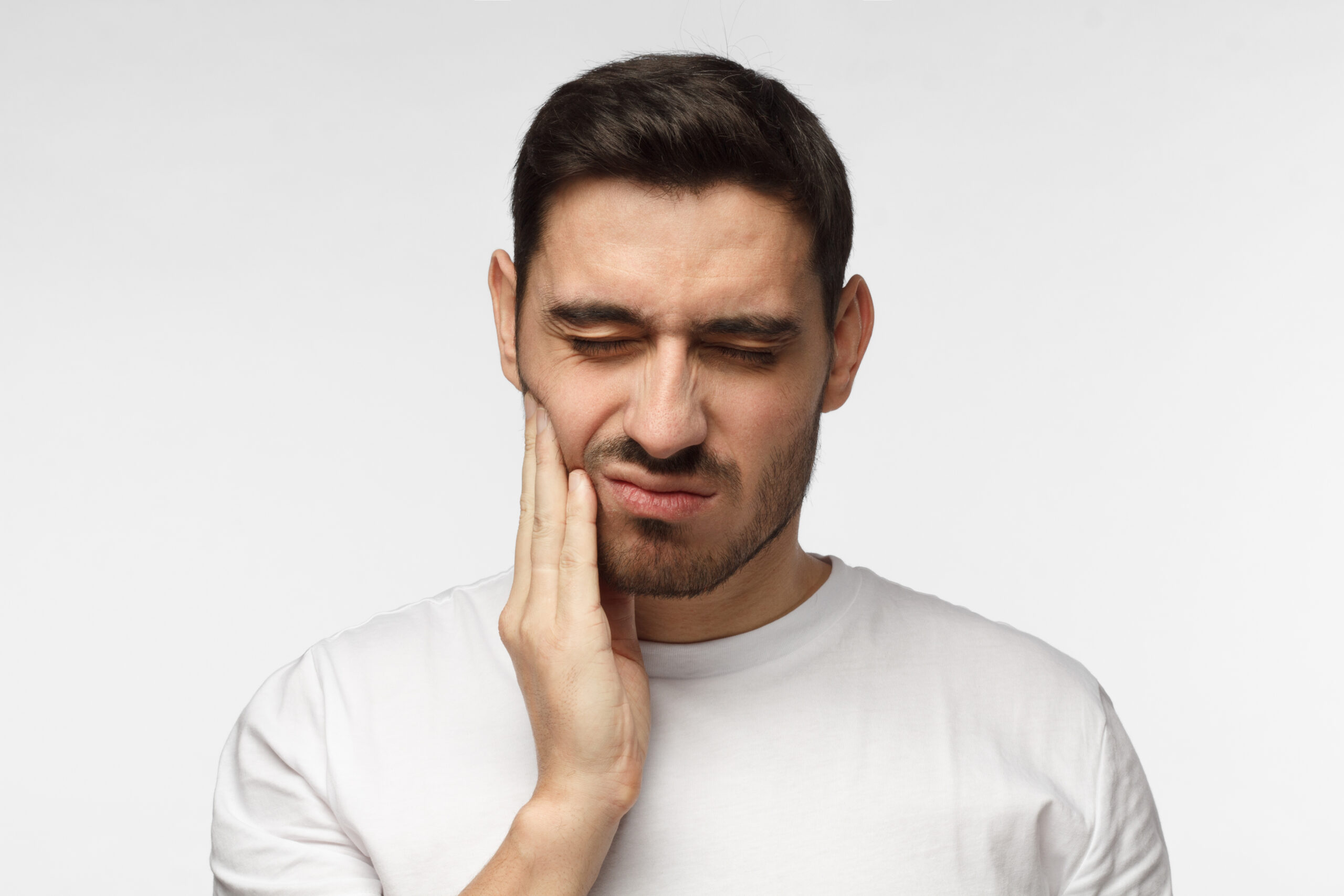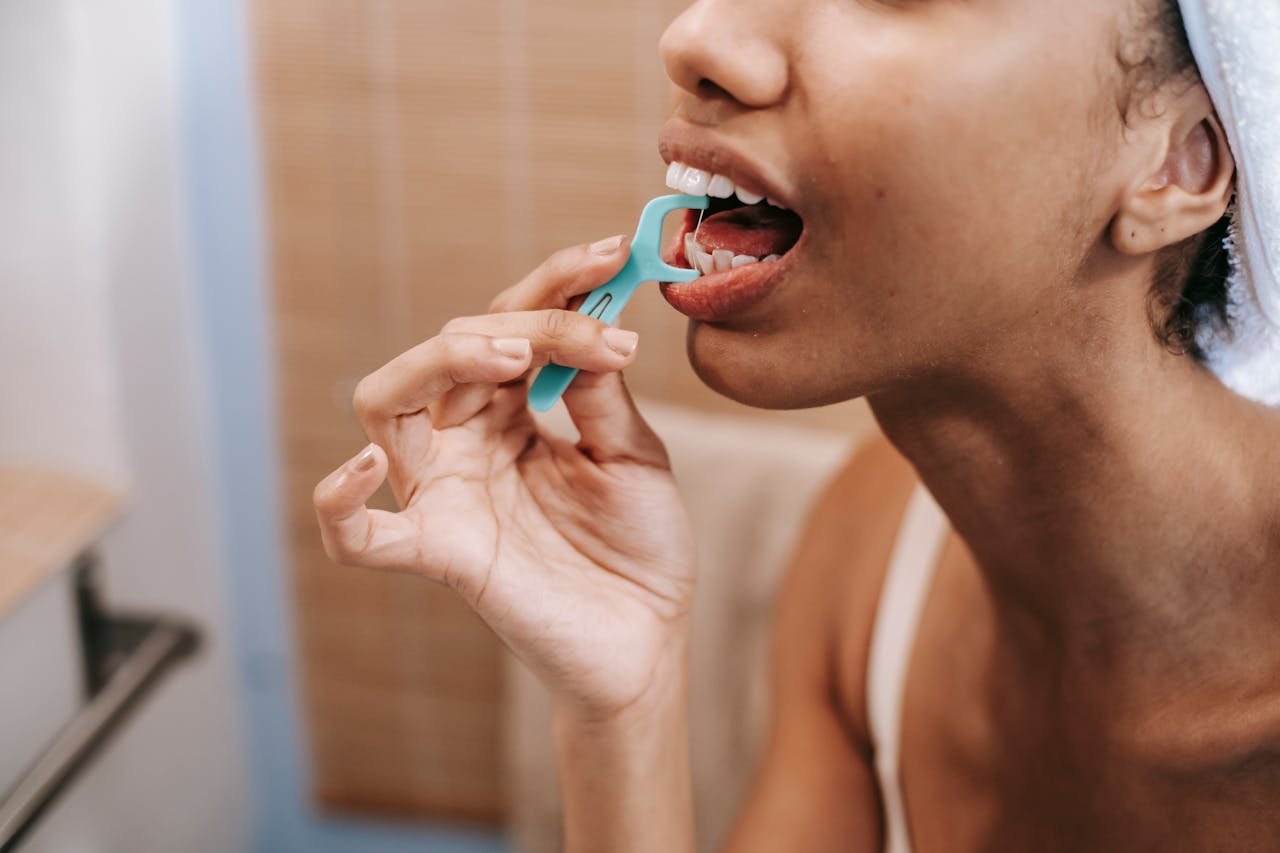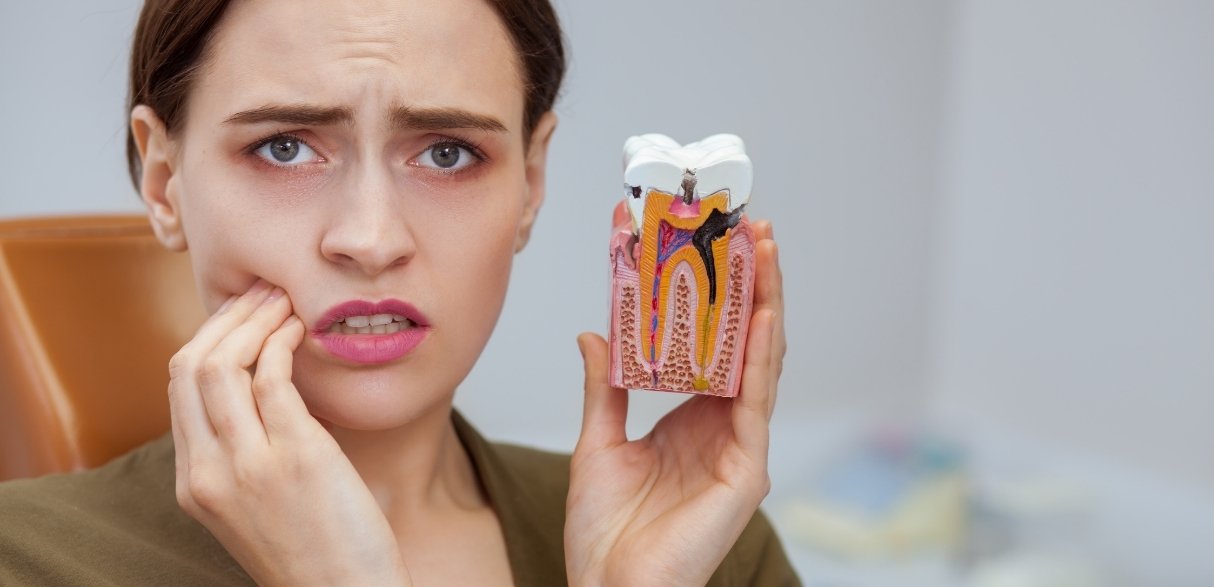
When Every Second Counts: Common Dental Emergencies and How to Handle Them

Dental issues can strike at the most unexpected times—biting into a snack, playing sports, or even waking up in the middle of the night. When it happens, how do you know if it’s urgent or if it can wait for your next appointment? Recognizing the signs and knowing what to do in a dental emergency can make all the difference in preserving your oral health.
At Gresham Advanced Dentistry, we understand that emergencies are stressful, especially when they involve pain or the risk of permanent damage. This guide is designed to help you identify common dental emergencies and how to handle them with calm and clarity.
What Is Considered a Dental Emergency?
Before diving into specific situations, it’s important to define what truly qualifies as a dental emergency. Simply put, a dental emergency is any situation that involves severe pain, bleeding, infection, or trauma to the mouth that requires immediate attention.
Many patients ask, “How do I know if this is a dental emergency?” While not every dental issue is urgent, signs such as intense pain, swelling, a knocked-out tooth, or bleeding that doesn’t stop should prompt a call to your dentist right away.
Common dental emergencies include:
- Knocked-out (avulsed) teeth
- Cracked or broken teeth
- Severe toothache
- Oral infections or abscesses
- Lost fillings or crowns
- Injuries to the gums, lips, or tongue
1. Knocked-Out or Broken Teeth: Act Quickly to Save Your Smile
If you’ve had a tooth knocked out, time is critical. A tooth that is re-implanted within 30 minutes has the best chance of being saved. Carefully pick up the tooth by the crown (not the root), rinse it gently without scrubbing, and try to place it back in the socket. If that’s not possible, keep it in a container of milk or saliva and seek immediate dental care.
For broken or chipped teeth, rinse your mouth with warm water and use a cold compress to reduce swelling. Collect any fragments and bring them with you to the dentist.
Benefits of prompt care:
- Increases the chance of saving the natural tooth
- Reduces risk of infection or complications
- Preserves smile aesthetics and function
According to the American Association of Endodontists, fast treatment of dental trauma can lead to significantly better outcomes in long-term tooth survival and function.
2. Persistent Toothache: Don’t Wait for It to Get Worse
Toothaches may start as minor discomfort, but they often signal deeper problems such as decay, infection, or even a dental abscess. If your pain is sharp, throbbing, or radiates to the jaw or ear, it’s time to consider it a dental emergency.
Avoid placing aspirin directly on the gums, as it can cause irritation. Instead, rinse with warm salt water and use an over-the-counter pain reliever until you can be seen by your dentist.
Benefits of emergency care for toothaches:
- Prevents the spread of infection
- Stops the pain from escalating
- Helps avoid more extensive procedures later
The Journal of the American Dental Association emphasizes the importance of addressing dental pain early to prevent complications such as systemic infection or jawbone damage.
3. Infections, Abscesses, and Swelling: Hidden Dangers You Shouldn’t Ignore
Infections in the mouth can develop quickly and spread to other areas of the body if left untreated. Signs of a dental abscess include facial swelling, fever, pus discharge, and severe, constant pain.
These symptoms require urgent attention, as untreated infections can affect your overall health, not just your oral well-being. A dentist may need to drain the abscess, prescribe antibiotics, or perform a root canal depending on the severity.
Benefits of early treatment for infections:
- Prevents systemic complications
- Reduces pain and inflammation
- Supports faster recovery and healing
Research published in the British Dental Journal links untreated oral infections with serious health issues like cardiovascular disease, diabetes complications, and sepsis—highlighting the urgency of dental intervention.
What to Do in a Dental Emergency: A Step-by-Step Response
When a dental emergency strikes, your reaction matters. Following the right steps can reduce discomfort and increase the likelihood of a successful outcome.
Here’s what to do in a dental emergency:
- Stay calm. Take a deep breath and assess the situation.
- Control bleeding. Apply gentle pressure with a clean cloth or gauze.
- Preserve damaged teeth. Save any tooth pieces and keep a knocked-out tooth moist.
- Reduce swelling. Use a cold compress on the outside of the face.
Call your dentist immediately. Gresham Advanced Dentistry can guide you on what to do next and prepare for your arrival.
Prevention Matters: Protect Your Smile from Emergencies
While not every emergency can be prevented, many are avoidable with good oral habits and protective measures:
- Wear a mouthguard during sports and recreational activities
- Avoid chewing hard objects like ice, popcorn kernels, or pens
- Don’t use your teeth as tools to open packaging
- Maintain regular dental checkups to catch problems early
These simple steps can help you sidestep many of the most common dental emergencies and keep your smile intact.
Trust Professionals When It Matters Most
Dental emergencies can be frightening, but with the right knowledge and a trusted dental team on your side, you can navigate them with confidence. Understanding common dental emergencies and how to handle them empowers you to take fast, effective action when it counts most.
Whether you’re unsure how to know if this is a dental emergency, or you’re seeking guidance on what to do in a dental emergency, Gresham Advanced Dentistry is here to help. Located at 1201 SE 223rd Ave #260 in Gresham, OR, our compassionate team, led by Dr. Hanset, is ready to provide prompt, expert care.
If you’re experiencing a dental emergency—or think you might be—don’t wait. Call us immediately at 503-664-9993 for professional guidance and treatment.
Your health, comfort, and peace of mind are always our top priorities.









